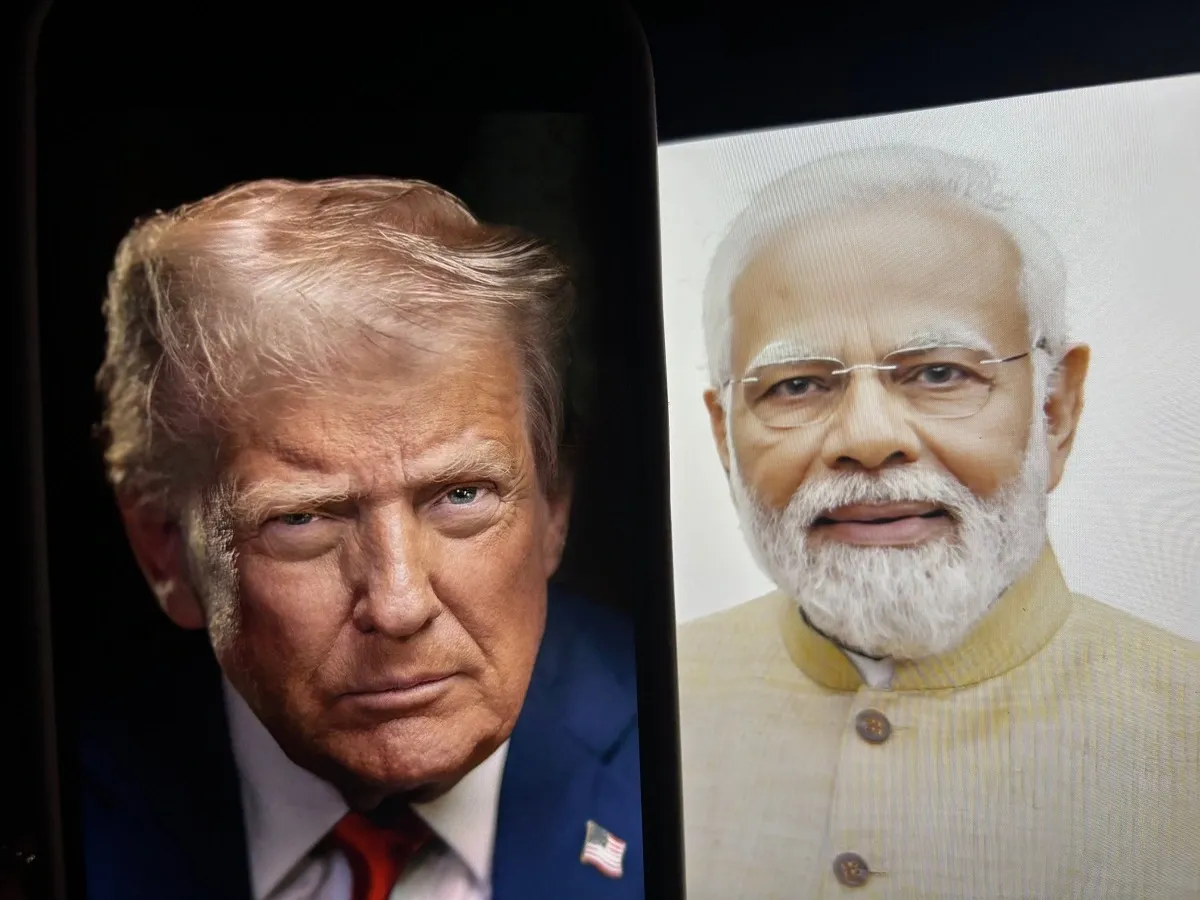Business News
Will Donald Trump’s tariffs hurt the US more than India? SBI thinks so
.png)
3 min read | Updated on August 01, 2025, 11:15 IST
SUMMARY
The State Bank of India (SBI) Research called the tariff move a “bad business decision,” forecasting a 2.4% short-term rise in US inflation and limited impact on India’s GDP growth (25–30 bps).

The State Bank of India (SBI) Research has warned that the US decision to impose a 25% tariff on Indian exports will likely hurt the American economy more than India.
The United States’ decision to impose a 25% tariff on Indian exports will likely backfire on the American economy, triggering a surge in inflation and slowing growth, according to an SBI Research report released on Thursday.
In its note titled “Stirred... Not Shaken”, SBI Research termed the tariff imposition as a “bad business decision” and forecasted that the US, rather than India, stands to suffer more adverse economic consequences.
“The mysterious forces of global supply chain should auto-adjust and cushion the impact,” the report stated, calling on Indian businesses to reinforce the “Made in India” brand as a mark of quality.
The analysis comes in the wake of a sweeping executive order issued by US President Donald Trump titled ‘Further Modifying The Reciprocal Tariff Rates’, which imposes new or revised duties on exports from nearly 70 nations. India, which was earlier facing a proposed 26% “discounted reciprocal tariff,” will now be subject to a 25% levy on a wide range of goods exported to the US starting August 7.
US economy at greater risk
Citing data from the World Economic Outlook (July 2025), the SBI report warned that the US is showing early signs of renewed inflationary pressure, driven largely by the pass-through effects of tariffs and a weakening dollar.
Sectors such as electronics, automobiles, and consumer durables, which are highly dependent on imports, are expected to bear the brunt.
Tariffs act as a supply shock by raising the cost of intermediate goods, which then ripple through to final consumer prices.
SBI estimates that the new tariffs could push US inflation up by 2.4% in the short term and by 1.2% in the long run, assuming supply chains partially adjust.
The average US household could see an additional burden of $2,400, with low-income families facing a disproportionately high relative impact.
Limited impact on India’s trade engine
While the US is India’s largest export destination, the report suggests that India’s trade diversification and export resilience may help cushion the impact.
“The US 25% tariff is expected to impact India’s GDP growth by 25 to 30 bps for FY26,” it noted.
Pharma, solar, and smartphones in the firing line
India’s pharmaceutical exports, which account for 40% of the US’s generic drug supply, could see a 2–8% fall in earnings for FY26 if the tariffs persist. The report cautioned that shifting US sourcing away from India could result in drug shortages and price hikes for American consumers, as domestic or alternative international production may take up to five years to scale up.
Similarly, India’s growing role as a solar module supplier to the US may be compromised, making Indian panels costlier and less attractive for US buyers.
Smartphone exports, which have surged due to India’s PLI scheme, and cut-and-polished diamonds, boosted by recent GST rationalisation, are also expected to feel the pinch under the new tariff regime.
Comparative global tariffs
India’s 25% tariff is relatively moderate when compared to rates imposed on other Asian nations. For instance, Vietnam secured a 20% rate after a bilateral deal, but any transshipments face a 40% levy.
Japan, which was earlier threatened with a 25% duty, negotiated a reduced 15% rate, but with significant investment pledges.
“Indian firms would do well to reinvigorate the ‘Made in India’ brand and leverage the unfolding realignment in global trade,” it said.
By signing up you agree to Upstox’s Terms & Conditions
About The Author
Next Story

